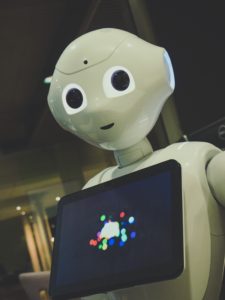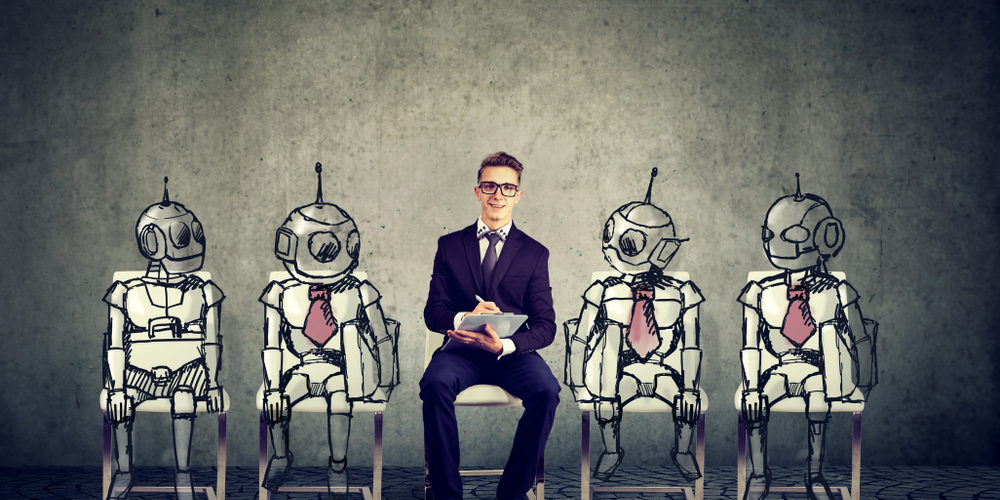It is understandable that automation and its effect on jobs is the subject of much recent debate. Visions of robots doing all of our work and computers telling us our future is a scary picture. The UK and Europe are in a very similar position to the US – labor and skills are similar in economic terms in these countries, albeit on a different scale.
Recently the ONS published a report that 10% of jobs are at risk due to automation. It’s a big number, certain to make economists and politicians concerned, not to mention all the potentially affected workers. From my vantage point as a venture investor – there is no question that there will be labour impacts over time. This has been true since the beginning of work. However, being an investor in this space also gives me a unique insight into the current state of development of AI and machine learning. While it’s true that this technology trend has profound implications, the actual effect is likely to be less severe than many claim.

The timeline and scale of the impact of AI is not well understood yet – to point out what should be obvious (and is missed by almost every pundit). The biggest threat of AI, as far as jobs are concerned, is the potential pace of change, not the change itself. The popular claim is that many of the unskilled jobs are at risk. I don’t think that the magnitude of that risk is what others believe it to be – though it makes for great headlines and stories of impending doom. Many of the relatively unskilled jobs that are perceived to be the most at risk will likely be replaced by similar positions, labor will simply shift rather than disappear.
Some think that the jobs with relatively low “digital skills” are at most risk. In my opinion, this is not the case – it’s hard to have a robot do some of the simplest physical tasks that pose no issue for a human. In high school, not having any appreciable skills yet, I mowed lawns and did odd jobs. No digital skills were involved, and certainly it was not skilled labor – and yet, I do not see any of those things falling victim to automation any time soon.
Furthermore – changes are not confined to low skilled jobs. AI puts at risk many of the analytical jobs as well – the strength of AI in many workplaces is the promise of predictive and business insights. Take a hypothetical role of a logistics coordinator, that is relatively complex, requires experience and an understanding of how the entire supply chain works. With time and enough data it’s likely that a job like this could be done by software, or at the very least could be dramatically simplified (hence, requiring fewer people). Another example is the traditional / historical role of stock broker or trader. Thanks to advances in technology, their roles have evolved quite a bit in the face of low cost trading platforms and popularity of ETFs and index funds.
Not so long ago, conventional wisdom was that widespread computers and email usage would usher in shortened work weeks. While maybe email eliminated some letter writing, work days for many only became longer and post offices are as busy as ever handling the giant new wave of e-commerce deliveries. Labor adapts with each new technology shift. The point is, as the saying goes – it is dangerous to make forecasts, especially about the future.
The sky is not falling.
There is no question that disruption will continue – and AI and machine learning will be a part of it – but I see it largely as a continuation of the wave of technology that has been impacting the labor force for a long time. Human ingenuity and ability to adapt over the arc of time is nothing short of awe inspiring. There is really no reason to believe that it no longer will be the case.
